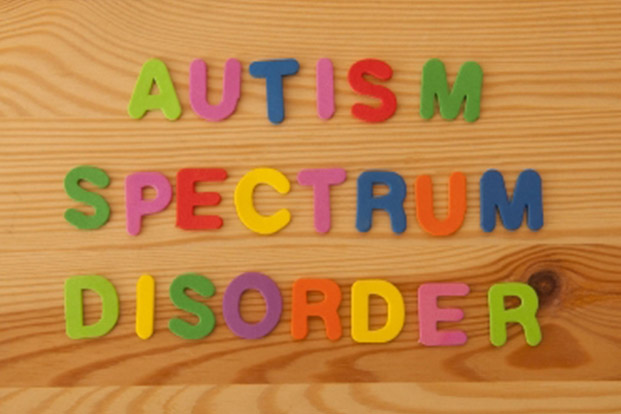Autism Spectrum Disorder
Apr 19, 2022
Autism Spectrum Disorder (ASD) is a neuro developmental disorder that manifests in children by the age of three years, with specific delay in social, communicative, cognitive and behavioural abilities. The learning, thinking and problem solving abilities of children with autism can range from gifted to severely challenged.
Autistic Spectrum Disorder includes several conditions : Autistic Disorder, Pervasive Developmental Disorder, and Asperger Syndrome.
Signs and Symptoms of Autism:
- Children with ASD have problems with language ,social and emotional skills.
- Tend to have certain types of repetitive behaviours.
- Signs of ASD begin in early childhood and last throughout life.
- Avoid eye contact, do not like to be cuddled and prefer to stay alone
- Do not point to objects to show interest, or look at objects when pointed
- Have trouble understanding the feelings of others or expressing their needs
- Language is delayed may repeat words or phrases and actions again and again
- Have trouble in adapting to new environment or routines
- Do not play the ‘pretend’ games, may cling to certain objects
- Respond to other sounds but not when somebody is talking to them
- May also have sleep related problems, constipation etc
- About a third of autistic children may have seizures

Diagnosis of Autism:
The Diagnosis of ASD is a clinical one. There is no blood test or imaging to diagnose the disorder. It affects males 4.5 times more than females. Diagnosis can be made within 2-3 yrs of age in majority of children by experts
Early Warning Signs in the first year of age : –
- Child does not respond to his own name or turn to mother,s voice
- Does not babble or point by the age of one year
- Does not smile or respond to social cues by others
- Does not look people in the eye
- Babies who do not have Autism can have these behaviours but it is best to contact a doctor right away
Early Warning signs by two years :-
- No single words by16 months or two word phrases by 24 months or there maybe loss of language skills.
- No pretend games by 18 months
- No interest when adults point out objects
India is home to 10 million people with Autism and the disability has shown an increase over the last few years. According to the Centers for Disease Control and Prevention(CDC),one in every 88 children today is born with Autism Spectrum disorder (ASD) against a ratio of 110 few years back (April 2012)
World Autism day is on April 2nd.Government of India now recognizes Autism as Disability.
Treatment for Autism
Individualized medication depending on the deficits.Speech therapy , occupational therapy & educational program. There is no cure for Autism, however early intervention treatment can improve the child’s development. Intensive treatment may help to rewire the brain and reverse the symptoms. Services can help the child to talk and interact with others and modify behavioural patterns, thus improving the quality of life








